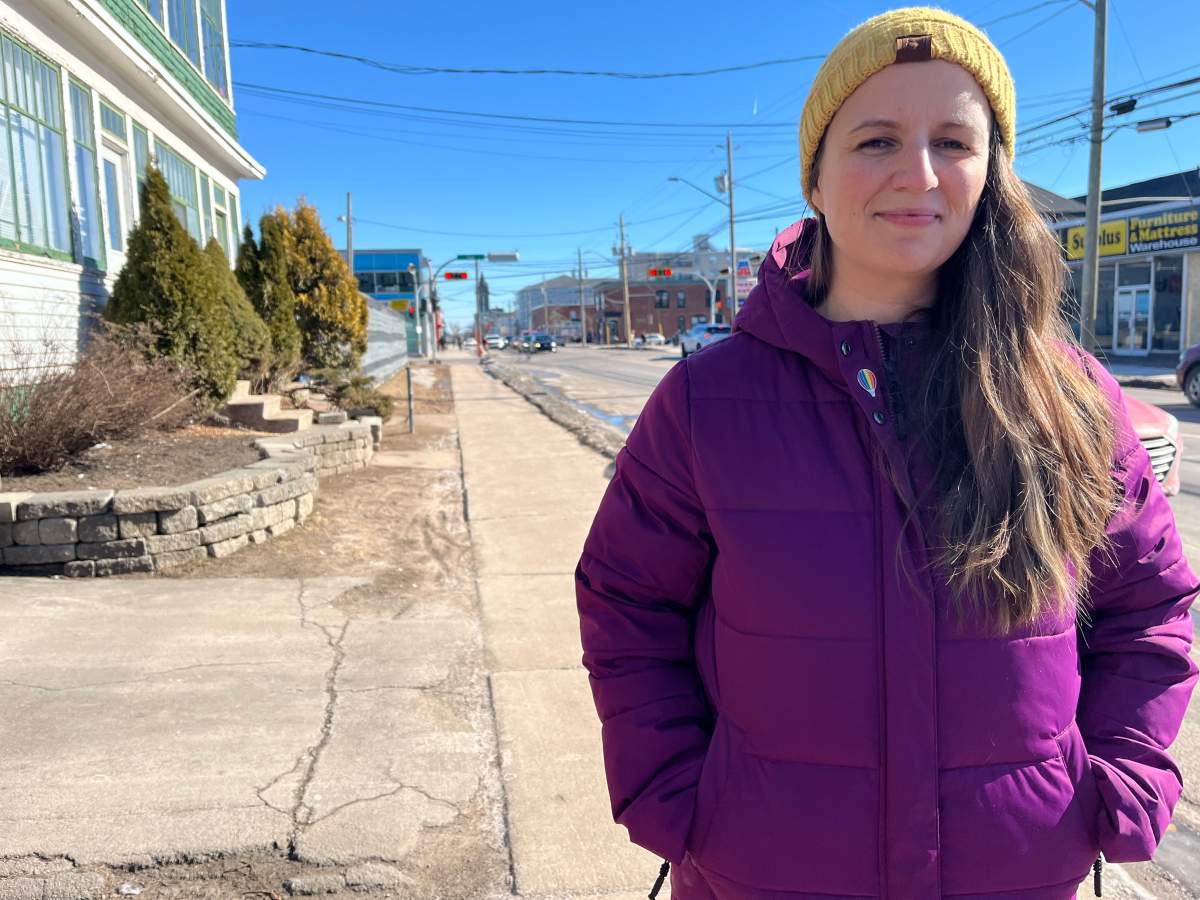Food banks in New Brunswick are continuing to struggle in the face of growing demand. It’s prompting one supplier to call the situation unsustainable.

Food Depot Alimentaire provides food banks with grocery items for its clients and is reporting a 42 per cent increase in demand between 2022 and 2023.
The executive director, Stephane Sirois, says the problem goes beyond finding the food.
“Food banks were never designed to service this level of demand,” he said. “They were set up over 40 years ago, and now it’s not just food: it’s the infrastructure, the volunteers, the staff, the human factor. It’s just stretched to the limit right now. And so it’s not sustainable.”
He says food banks need more volunteers and is repeating the call for government to do more to address the factors that lead to people needing to use these resources.
Over in Dieppe, N.B., Cameron Day has been working at Second Mile Food Bank for the past year and a half, helping out with marketing and stocking the shelves.

Get breaking National news
Personally, the 19-year-old has seen demand double since he started.
“It’s also very difficult to keep that food coming in. But luckily, we have sponsors to help us out in that part,” said Day. “But the building, unfortunately, is not big enough for capacity.”
Food for All NB, a non-profit organization based in Fredericton, says the unprecedented demand is due to the crisis in affordability. Network director, Jill Van Horne, calls it just the “tip of the iceberg.”
“Truthfully, only about 20 per cent of individuals that could use a food bank are using it as a tool to address their needs,” said Van Horne. “The reality of food insecurity is much larger than that. And so people are finding other tools, other strategies to help support them in their day to day.”
Those tools, according to Van Horne, could include turning to family members or sacrificing what they choose to buy in the grocery store. As for what can be done to help those who are struggling, Van Horne says “it’s not a singular issue and there’s not one single answer. Above and beyond income policies, minimum wage, child benefits, those sorts of things — there are other programs that help create equity for people.”
She says school food programs and daycare initiatives are just examples of what could help.
In the meantime, Food Depot Alimentaire is still meeting demand.
Sirois admits he doesn’t know what the future holds, but says they’re “getting to the point of saturation.”
“They’ll have to make some difficult decisions in the future,” he warned.









Comments